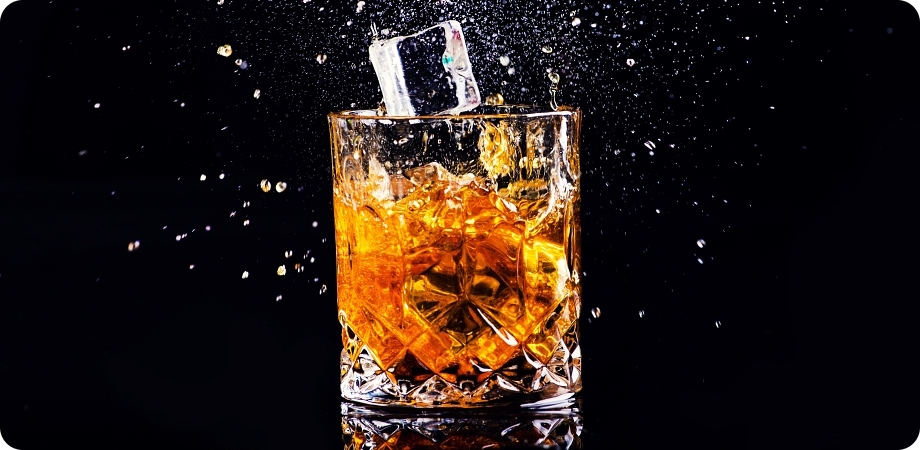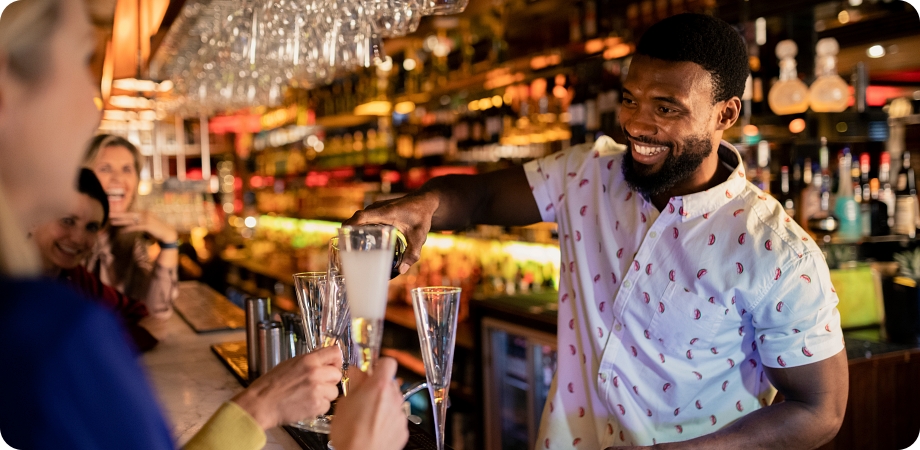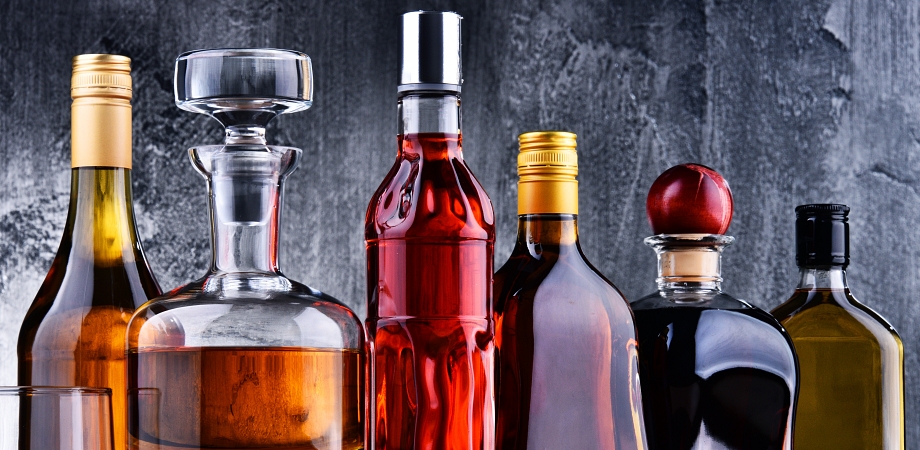Applying for a liquor license in Florida can be a complex and time-consuming process. With various types of licenses available and strict regulations, business owners must be well-informed before applying. Whether you are opening a bar, restaurant, or liquor store, understanding the Florida Liquor License Application Process is crucial to ensuring a smooth approval process.
To help you navigate this process, we have outlined the three most important factors you need to know before applying for a liquor license in Florida.
Determine The Right Type Of Liquor License For Your Business
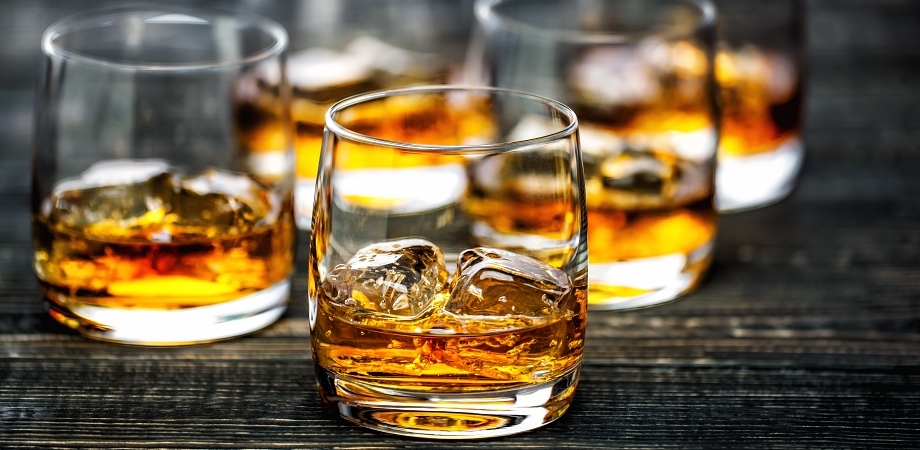 The type of liquor license you need depends on the nature of your business operations. In Florida, liquor licenses are divided into four primary categories:
The type of liquor license you need depends on the nature of your business operations. In Florida, liquor licenses are divided into four primary categories:
- Retail License: Required for businesses that sell alcohol directly to consumers, such as bars, restaurants, and liquor stores.
- Wholesale License: Allows businesses to distribute alcoholic beverages to retail establishments.
- Manufacturer License: Necessary for businesses producing alcoholic beverages, including breweries, distilleries, and wineries.
- Distributor License: Enables businesses to purchase alcohol from manufacturers and sell it to retailers.
Types Of Retail Liquor Licenses
If your business falls under the retail category, you must apply for the appropriate type of retail liquor license. The most common retail liquor licenses in Florida include:
- Beer And Wine License (2COP): Allows businesses to sell beer and wine for on-premises consumption.
- Full Liquor License (4COP): Permits the sale of all alcoholic beverages, including spirits, for on-premises consumption.
- Special Use Permit: Grants permission to serve alcohol at specific events or occasions.
Each license type comes with its own set of requirements and costs. For example, a quota license is required for certain establishments, but due to its limited availability, businesses may need to purchase one from a current license holder at market value. The price of quota licenses fluctuates based on demand and location, sometimes reaching tens of thousands of dollars.
Choosing the correct license is essential to ensure compliance with Florida’s alcohol regulations and to avoid legal issues down the road.
Meet The Legal Requirements
Before submitting your Florida Liquor License Application, you must meet certain legal requirements to ensure compliance with Florida state laws. These requirements include:
- Minimum Age Requirement
- Applicants must be at least 21 years old to qualify for a liquor license in Florida.
- Business Registration
- Your business must be legally registered in Florida and have a physical location.
- Zoning Compliance
Your establishment must comply with local zoning laws. Approval from city or county authorities is often required before applying for a liquor license. Some local governments have restrictions on where alcohol-selling businesses can be located, such as maintaining a specific distance from schools or churches.
Background Checks
All business owners and managers must pass background checks to confirm their eligibility to hold a liquor license. Any past criminal history, especially related to alcohol violations, could affect your ability to obtain a license.
Seating Capacity Requirement
For retail liquor licenses, businesses must meet minimum seating capacity regulations. For example, a retail liquor license typically requires a minimum seating capacity of 50 people. Restaurants applying for a 4COP-SFS license must also derive at least 51% of their revenue from food sales.
Financial Stability
Applicants must demonstrate financial stability and the ability to comply with tax obligations. This includes providing financial records that show you can sustain your business and pay applicable state fees and taxes.
Understanding these legal requirements can help you prepare the necessary documentation and avoid unnecessary delays in the licensing process.
Complete The Application Process Properly
The Florida Liquor License Application Process is managed by the Division of Alcoholic Beverages and Tobacco (ABT) under the Florida Department of Business and Professional Regulation (DBPR). The process involves several important steps:
Step 1: Prepare The Necessary Documentation
Before submitting your application, gather all required documents, including:
- Business registration details
- Floor plans of the establishment
- Local zoning approvals
- Background check information
- Proof of financial stability
- Application fees (vary by license type and location)
Proper preparation is essential. Missing paperwork or incomplete forms can result in delays or rejections. If you’re unsure about what is required, seeking assistance from a professional licensing service can save you time and frustration.
Step 2: Submit Your Application
You can submit your application online through the Florida DBPR website or by mailing a paper application to the ABT office. It is important to ensure that all required documents are correctly filled out to prevent processing delays.
Step 3: Await Approval And Inspections
Once your application is submitted, it will go through a review process that can take several weeks. During this time, ABT may conduct inspections to verify that your business meets all legal and regulatory requirements. If any issues are found, you may need to correct them before approval is granted.
Step 4: Maintain Compliance After Approval
After obtaining your liquor license, it is essential to remain compliant with Florida’s alcohol laws. Key compliance requirements include:
- Renewing your license as required by Florida law.
- Following responsible alcohol service laws to ensure safe consumption.
- Adhering to local health and safety guidelines to maintain a safe business environment.
- Reporting any changes to your business operations to ABT.
Staying compliant ensures that your business can continue operating legally without the risk of penalties or having your liquor license revoked.
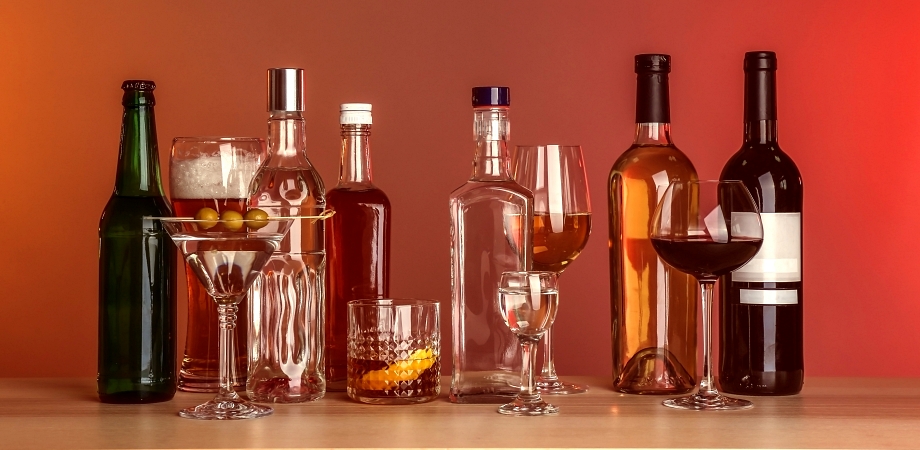 Why Work With Liquor License Outlet?
Why Work With Liquor License Outlet?
Navigating the Florida Liquor License Application Process can be overwhelming, but Liquor License Outlet is here to help. With over 50 years of combined experience in the hospitality industry, we specialize in assisting business owners in obtaining their liquor licenses efficiently and stress-free.
Our Services Include:
- Expert guidance on selecting the right liquor license for your business.
- Assistance with application preparation and submission to avoid common mistakes.
- Faster processing for non-quota licenses to help you get your license quickly.
- A vast network of license holders to facilitate quota license purchases.
- Compliance support to ensure your business remains in good standing with Florida regulations.
We understand the challenges that come with obtaining a liquor license, from navigating zoning laws to dealing with quota license availability. Our team ensures that your application process is smooth and hassle-free.
Get Started Today
If you are looking to secure your Florida liquor license, Liquor License Outlet can simplify the process and help you obtain your license quickly. Contact us today at (561) 827-1111 to discuss your licensing needs and start your application process.
By understanding the three critical factors outlined above, you can better prepare for a successful Florida Liquor License Application Process and ensure your business operates legally and efficiently.


